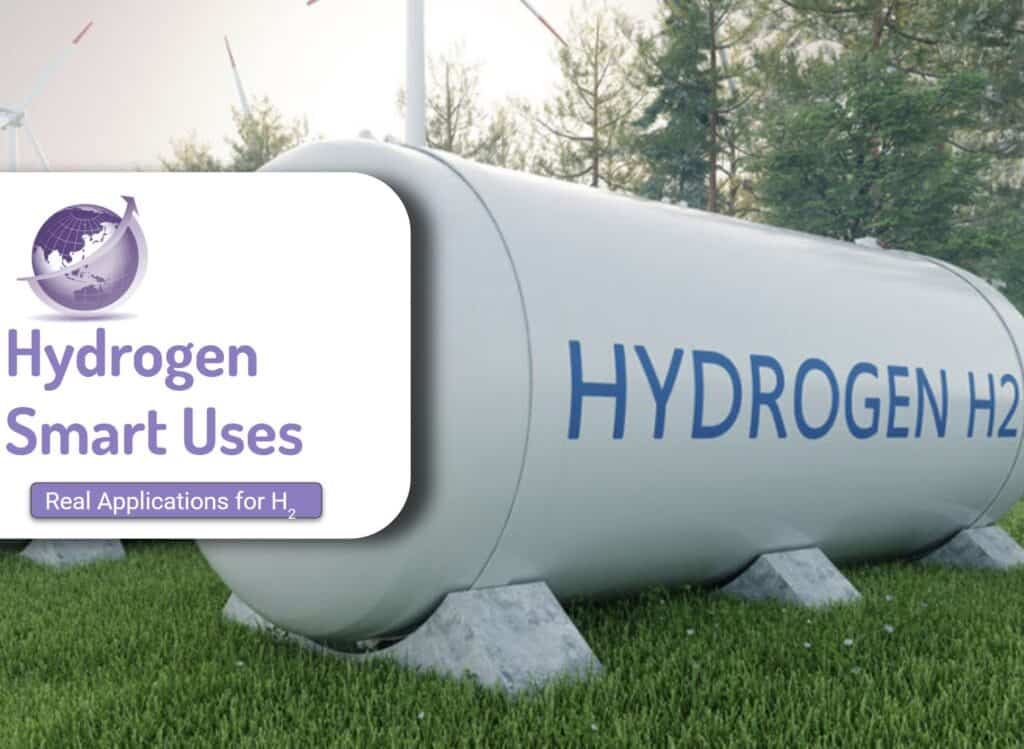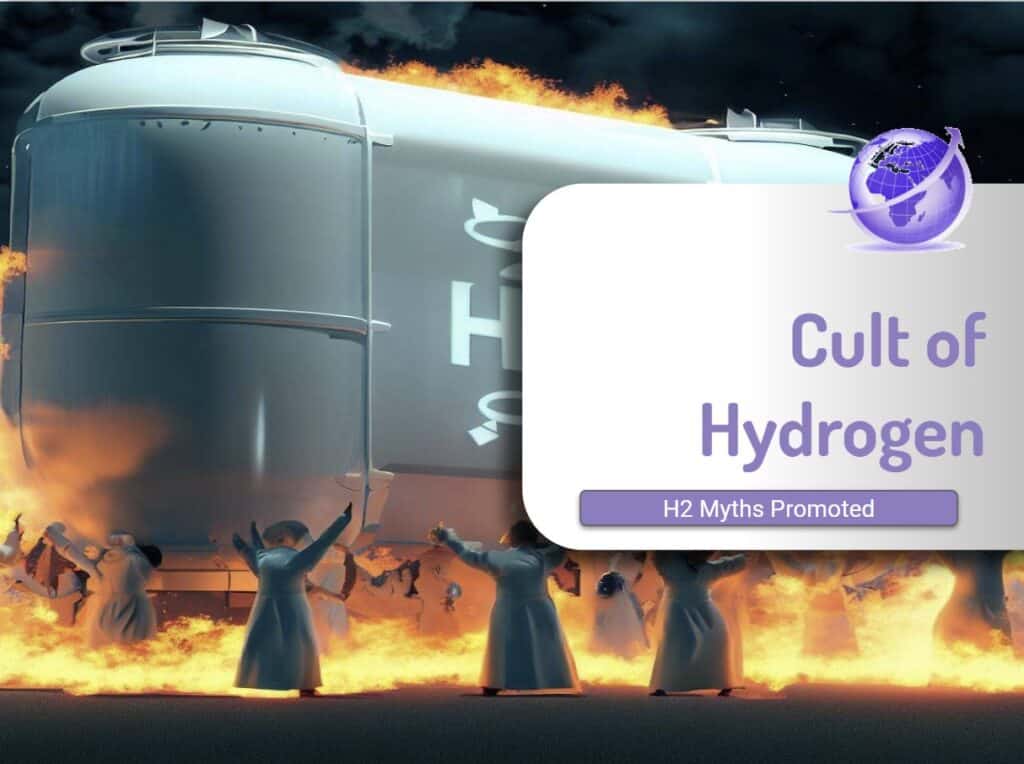Around the globe, city councils or state governments undertake hydrogen bus trials. The most generous interpretation is these are a waste of taxpayers money.[1] Fully electric buses are cheaper to operate, provide zero emissions, and are suitable for the majority of bus networks. Moreover, some bus companies have worked with network energy suppliers to use the buses for grid storage
But funding by taxpayers to trial H2 buses does not stop. Why? Poor rationale from local or state government organisations looking for net zero solutions is one reason, intense lobbying is another. If they have previously invested in H2 buses, the companies will have H2 filling stations.
Estimates of hydrogen fuel cell batteries (FCEV) include – in 2020, 5,648 hydrogen fuel cell buses are in use around the world, with 93.7% of them in China.
Compare that with over 500,000 electric buses. I.e. 0.7%. And most in just 1 city.

Hydrogen Bus Advantages
Hydrogen buses are proposed for 3 reasons. FCEV, since invented over 20 years ago, supposedly has 3 value propositions.
Fast to Refill
- Fast to refill. A key benefit claimed was that refill of a bus would be 10 minutes. H
- Modern batteries take less than 20 minutes to gain a 200km charge.
- As modern chargers are brought onto the market (350 to 800kW), a larger battery can be charged in 20 to 30 minutes
Long Range
- Long range. FCEV have up to 300km, where as batteries buses tend to be 200km – a daily route.
Low Emissions
- Low emissions. Unless a green H2 plant is also constructed, most H2 buses use dirty grey H2 with emissions on par with a LNG bus
Lower Costs
- Lower cost – but analysis shows the total cost per mile (including maintenance) was around $1 per mile for diesel and around $6.50 per mile for hydrogen.
- Most operators require dedicated H2 production and H2 storage with their H2 filling stations
It turns out that these reasons have been superseded by battery-based buses. Government subsidies and initiatives continue to roll out new H2 buses.
Disadvantages of H2 Buses
- Cost. The cost of fuel cell electric buses in China is 60%-80% higher than that of battery-electric
- Refueling stations added large costs
- The fuel cell electric bus industry and the FCV industry in general in China are still facing various problems. Among them are inadequate core technologies (performance and reliability of key materials such as catalysts, carbon paper, proton exchange membranes PEM, and membrane electrodes and key auxiliary components such as air compressors, hydrogen circulation pumps, and humidifiers) which are far from advanced levels. Most of the key materials, auxiliary products and components still need to be imported, leading to high purchasing cost and poor overall economic performance.
Here are just some of the initiatives globally to expand H2 buses. Note that all H2 buses are less than 1% of Battery buses.
| Country | Number | Manufacturer | Notes | Links |
|---|---|---|---|---|
| South Wales | 1 | Caetano Bus UK | South Wales Uni bus | |
| Spain | Unknown | Irizar | Irizar stays tight-lipped on i6S Efficient Hydrogen coach details | 16s Long range buses |
| Taiwan | 1 | Taiwan FCEV | ||
| Adelaide, Australia | 2 | Foton | Also trialling 5 E-buses | Adelaide trial |
| Tasmania Australia | 3 | Foton | Also trialing 3 e-buses | Tasmania trial |
| Hong Kong | 20 | $25m for 2 year trial and H2 refilling station | Hong Kong PR | |
| Rostok, Germany | 52 | Previously supplied 42 buses in Europe | Germany 96 buses | |
Local Buses Vs Long Distance Buses
Battery buses do not have as great a range as H2 buses, but they are improving as battery costs and weight comes down. Long distance buses, as with trucking, have focused on H2 as a solution. In most urban environments, battery buses have an adequate range. Technology is whittling away the advantages of H2 buses
Filling time for H2
Further Reading
- 10 reasons why hydrogen vehicles are dead. (read Blog here)
- Electric bus – Wikipedia https://en.wikipedia.org/wiki/Electric_bus
- Fuel Cell buses Wikipedia https://en.wikipedia.org/wiki/Fuel_cell_bus
- New Energy Buses in China – Overview on Policies and Impacts https://www.changing-transport.org/wp-content/uploads/2020_GIZ_New-Energy-Buses-in-China.pdf









